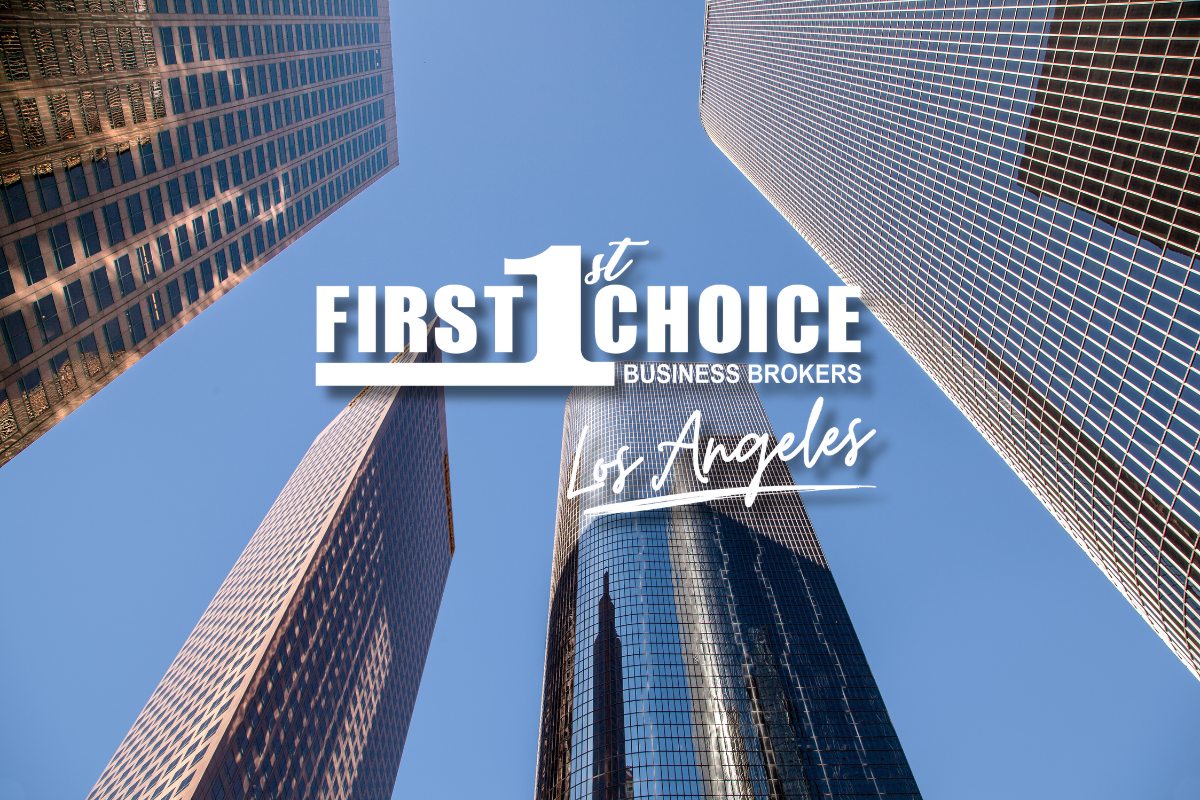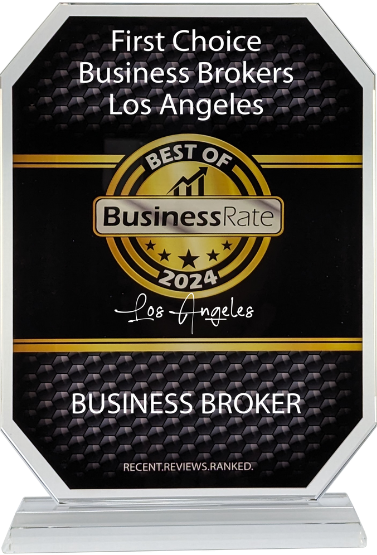Maximizing Your Business Sale: Tips for Selling in Los Angeles
Understanding the Los Angeles Business Market
The Role of Local Market Trends
In Los Angeles, the business landscape is as diverse as its population. Understanding local market trends is essential for any business owner looking to sell. Whether it's the rise of tech startups or the steady demand in entertainment, knowing which sectors are booming can guide your decisions. Keep an eye on:
- Emerging Industries: Identify which new sectors are gaining traction and could potentially increase your business valuation in Los Angeles.
- Economic Indicators: Monitor factors like employment rates and consumer spending to gauge market health.
- Regulatory Changes: Stay updated on local policies that could impact business operations or attractiveness.
Identifying Potential Buyers
Finding the right buyer is crucial to a successful sale. In a city like Los Angeles, potential buyers come from all walks of life, from local entrepreneurs to international investors. Here's how you can pinpoint them:
- Demographic Analysis: Understand who your ideal buyer might be. Are they seasoned business owners or first-time buyers?
- Networking: Leverage connections through business brokers in Los Angeles, like First Choice Business Brokers, to reach serious buyers.
- Market Positioning: Position your business to appeal to the right audience by highlighting unique selling points.
Adapting to Economic Shifts
Economic shifts can be unpredictable, but being prepared can make all the difference. As the economy fluctuates, so does the business climate. Here’s how to stay agile:
- Flexible Strategies: Develop strategies that can adapt to both growth and downturn scenarios.
- Financial Health: Maintain strong financial records to reassure buyers of your business's stability.
- Consult Experts: Work with professionals, such as First Choice Business Brokers Los Angeles, to navigate these changes efficiently.
Legal and Financial Preparations for Selling
Navigating Zoning and Permits
Before putting your business on the market, it's important to ensure that all zoning and permits are in order. Los Angeles has specific regulations that can vary by neighborhood, so be thorough in understanding these requirements.
- Review local zoning laws: Make sure your business complies with the current zoning regulations.
- Check for any necessary permits: Ensure all permits are up-to-date and valid.
- Consult with a local expert: Consider hiring a professional if you're unsure about the legal landscape.
Organizing Financial Records
A well-organized financial record is a must when preparing to sell your business. Potential buyers will want a clear view of your business's financial health.
- Compile profit and loss statements: These should cover at least the last three years.
- Prepare balance sheets: Accurately reflect your business's financial position.
- Gather tax returns: Have at least three years of tax returns ready.
Organizing your financial records not only builds trust with potential buyers but also speeds up the due diligence process.
Ensuring Legal Compliance
Legal compliance is non-negotiable when selling a business. Skipping this step can lead to delays or even derail the sale entirely.
- Conduct a legal audit: Identify any legal issues that need addressing.
- Update contracts and agreements: Ensure all contracts with suppliers, clients, and employees are current.
- Stay informed about changes: Keep up with any legal changes that might affect your business sale.
The Importance of Professional Guidance
Choosing the Right Business Broker
Selling a business isn't just about putting up a "For Sale" sign and waiting for buyers to come knocking. It involves a lot of intricate steps and decisions that can be overwhelming. Choosing the right business broker is one of the most critical steps in this journey. A good broker, like First Choice Business Brokers Los Angeles, will have a deep understanding of the local market and can guide you through the complexities involved.
Leveraging Expert Insights
Once you have a broker, you can tap into their wealth of knowledge. They can provide insights into current market trends, helping you position your business in the best possible light.
Crafting a Winning Sales Strategy
Identifying Your Target Audience
Knowing who might want to buy your business is half the battle. Pinpointing your ideal buyer helps you shape your sales pitch and marketing efforts.
- Profile Potential Buyers: Consider their interests, financial capability, and what they value in a business.
- Use Analytics: Leverage data to understand buyer behaviors and preferences.
- Engage with Brokers: First Choice Business Brokers Los Angeles can offer insights into buyer trends and preferences.
Utilizing Effective Marketing Techniques
Marketing isn’t just about putting up a "For Sale" sign. It’s about making your business irresistible.
- Craft a Compelling Story: Highlight what makes your business unique. Share its journey and successes.
- Visual Appeal: Use high-quality images and videos to showcase your business in the best light.
- Leverage Social Media: Platforms like Instagram and LinkedIn can reach a wide audience and generate interest.
Conclusion
Selling a business in Los Angeles can feel like a big mountain to climb, but with the right help, it's totally doable. Working with a professional who knows the local market can really make a difference. They can help you set the right price, find the right buyers, and guide you through all the steps. This way, you can get the most value for your business and have peace of mind knowing you're in good hands.
Frequently Asked Questions
How long does it take to sell a business in Los Angeles?
The time frame varies depending on the industry, business size, and market conditions. On average, it can take anywhere from six months to a year.
Do I need a business broker to sell my business?
While it's not required, having a business broker can significantly improve your chances of securing the best deal and navigating the complexities of the sale.
What are the costs involved in selling a business?
Costs may include legal fees, broker commissions, and marketing expenses. A business broker can provide a clear breakdown of expected costs.
How do I determine the value of my business?
Business valuation methods include revenue multiples, asset-based valuation, and market comparisons. A professional business broker can help assess the best valuation for your business
What legal documents are required for a business sale?
Documents such as financial statements, tax returns, lease agreements, and contracts with suppliers or employees are typically required.
This article is for informational purposes only and should not be considered legal, financial, or business advice. Business transactions involve risks, and you should consult with a professional advisor or legal expert before making any business decisions.








